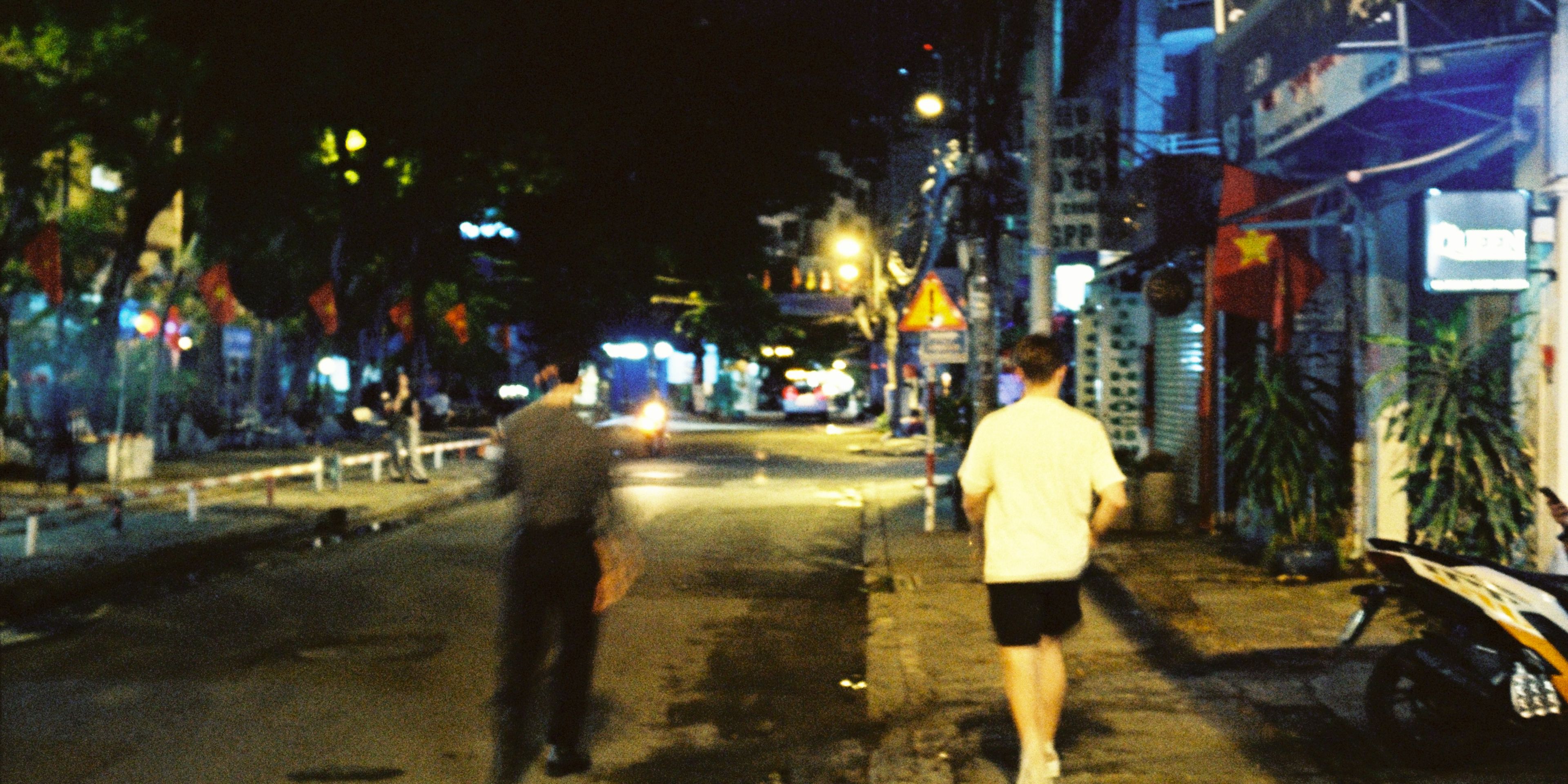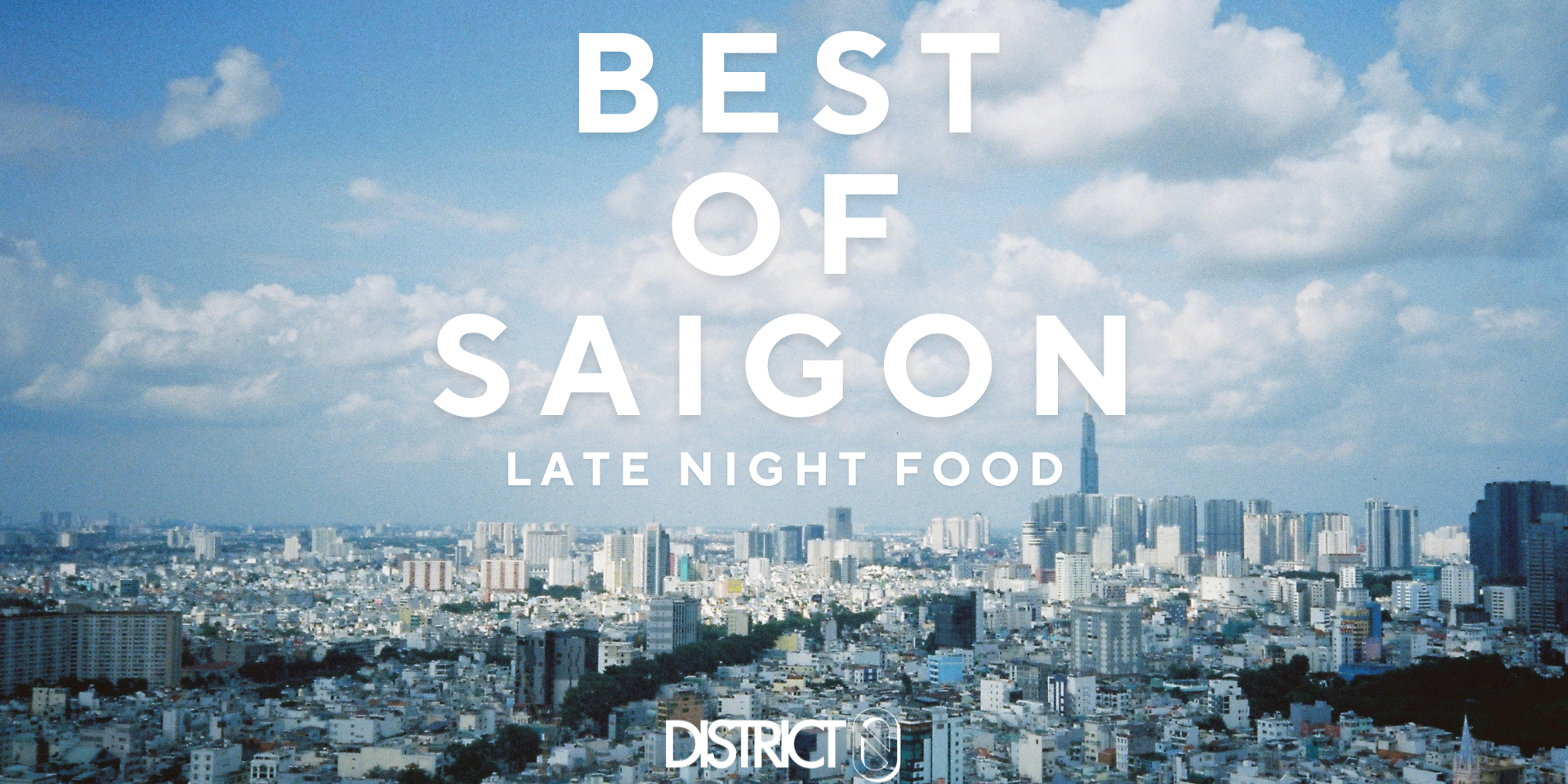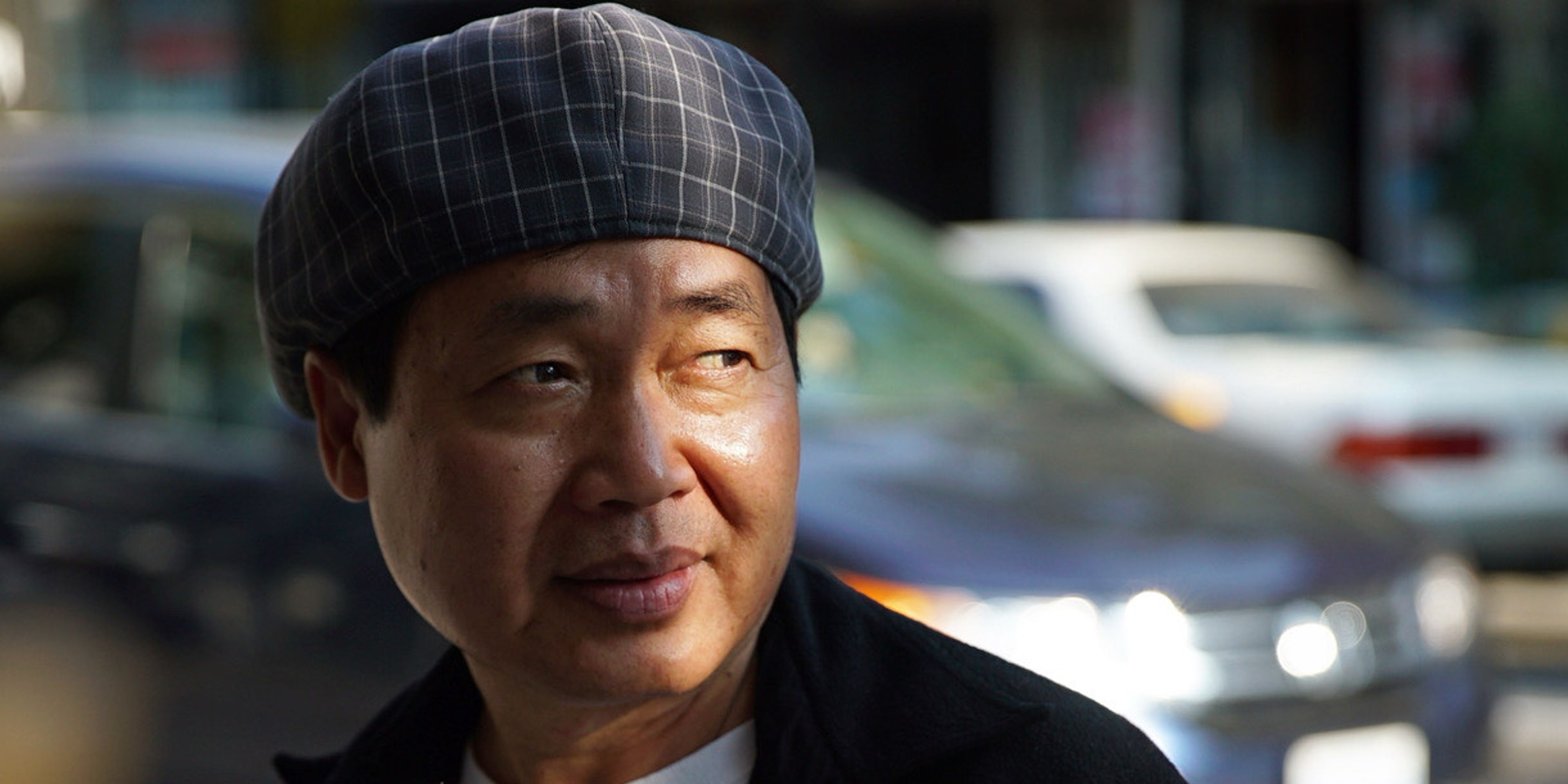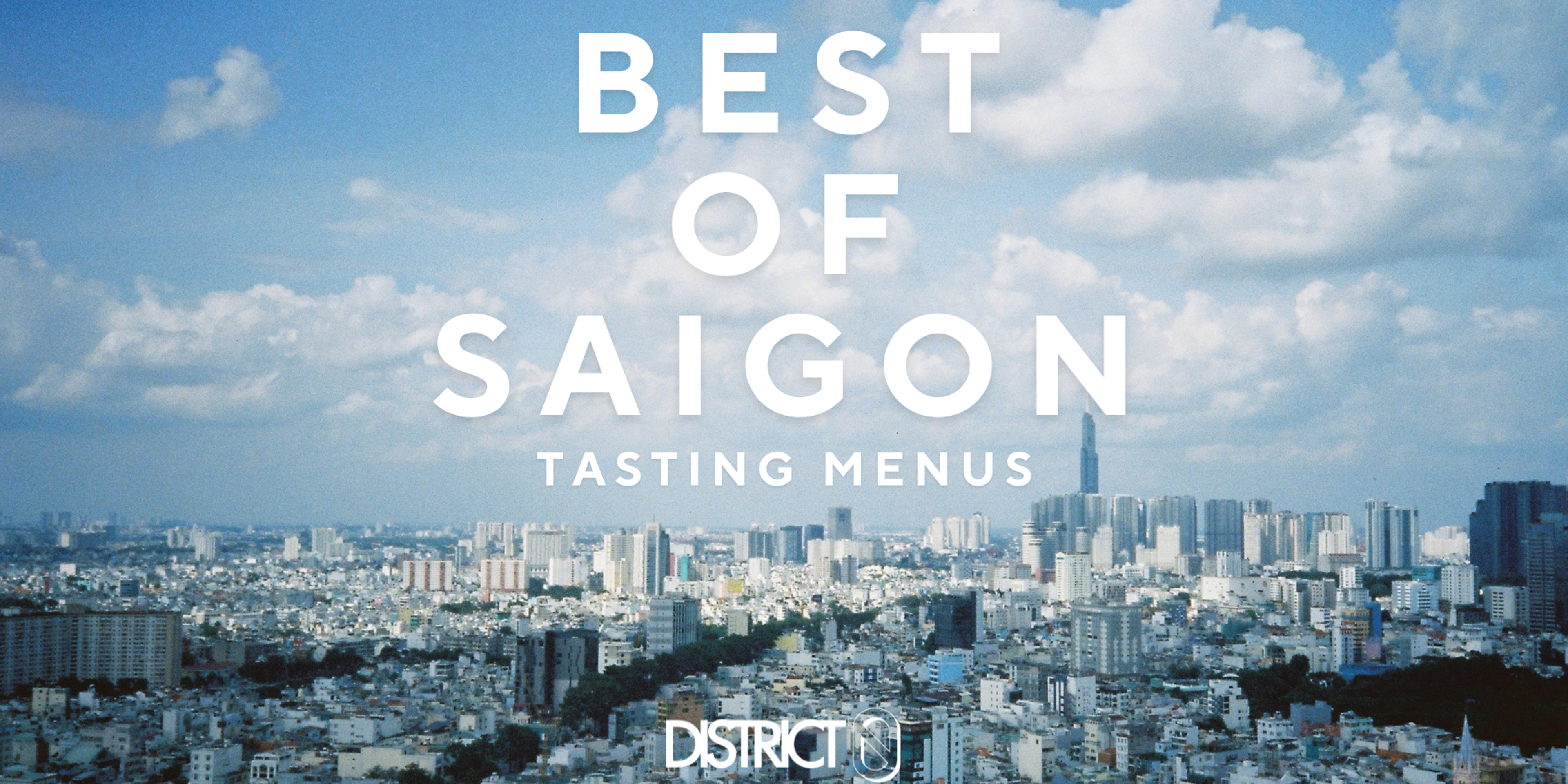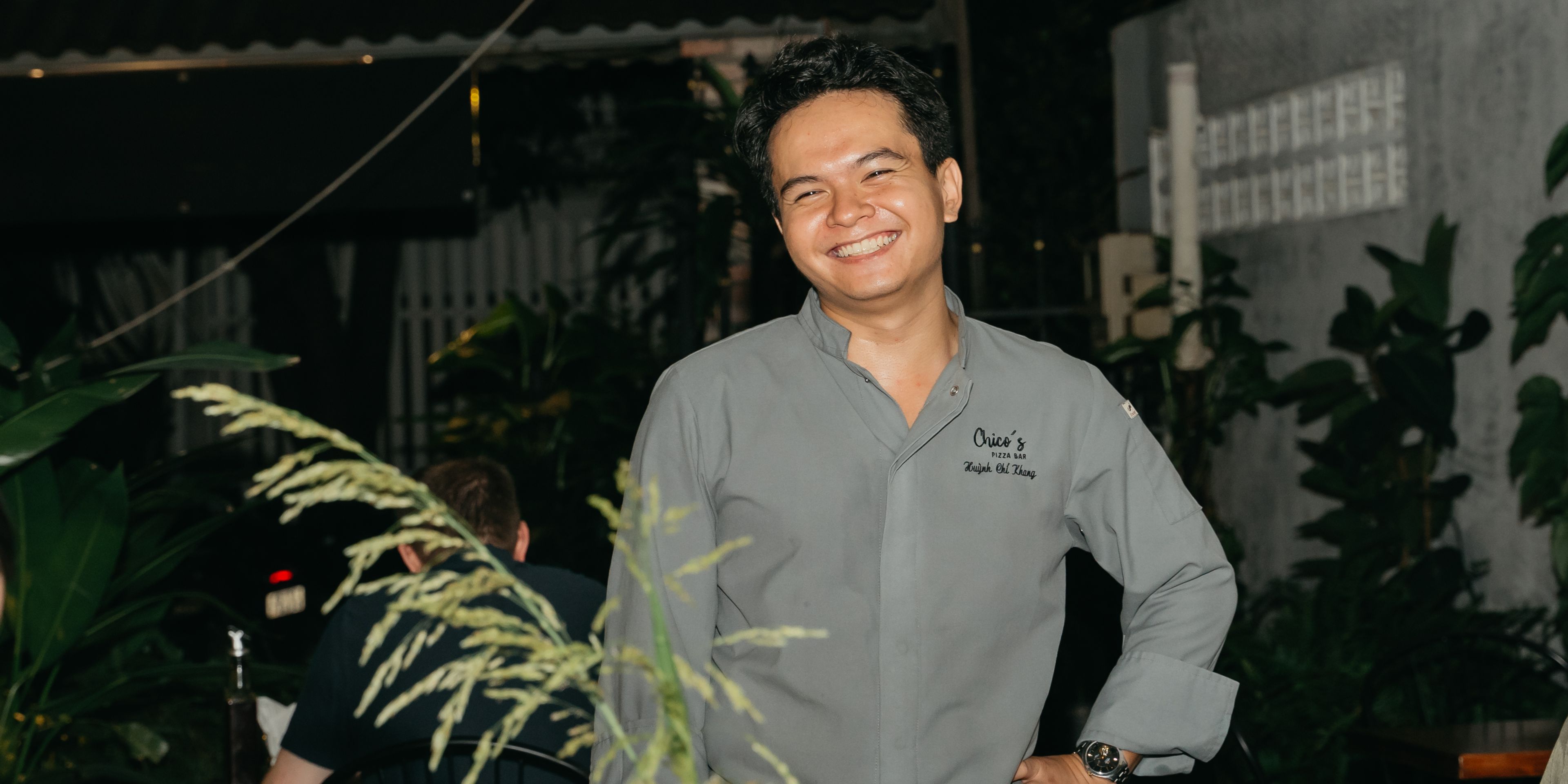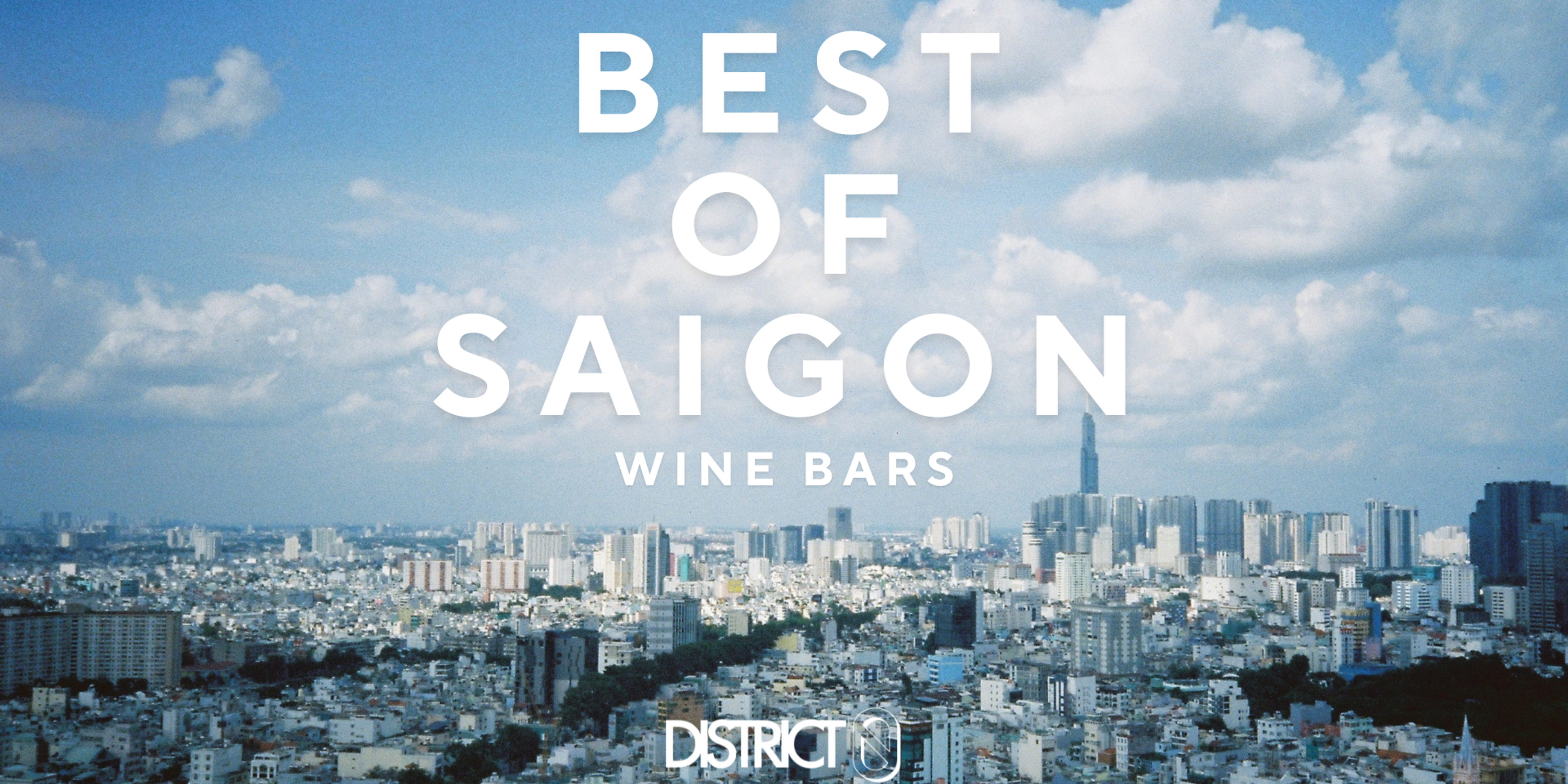“You close out?”
“Yeah no, one sec.”
“Sign here and here please.”
“Alrighty.” One signature and two signatures.
“Cool, thank you.”
“Have a good night.”
“Thanks, you too. Let’s roll.”
It’s now well past my bedtime. Feet heavy, mouth dry, and bar tab now closed, but I’m still seeking. Another bar on this street? No. Another street in this city? No. Some food? Yes. Hell yes. Pho? Oh yeah. It’s time for pho. There’s something mystical about eating at pho at 3am.
Your body and mind have no will left, but your soul beats on ceaselessly against the night’s current. A circus of flavor parades around, but soon passes through. Silence falls heavy on the table, but everyone is too consumed by their bowl to hear its deafening thud. Thoughts strike and feelings seeth, but neither reach the surface. Gosh, this pho is ridiculous, I mutter.
The mystical state you find yourself in while eating pho at 3am is nearly indescribable, always noetical, profoundly ephemeral, arrives unbidden and leaves you smitten. Great call, my friend mutters back. I feel better already, the other adds.
The philosopher William James identified four key characteristics for mystical experiences: ineffability, noetic quality, transiency, and passivity. Eating pho at 3am checks each of those boxes.
The muttering spilling out of our mouths mixes in with the steam from the broth transcending ordinary language. The flavors help uncover hidden truths that were there the whole time. The contents of the bowl are here one moment, gone the next. And finally, it’s not like pho at 3am was part of the night’s itinerary. It wasn’t actively discussed. We were drifting early in the evening while the sun was just setting and then somehow found ourselves caught in an Orphic orbit some time in the night, call it the point of no return, where you’re slowly being drawn in by some mystical gravitational pull. Before you know it, you hear:
“What time did you guys get back last night?”
“3ish….”
That said, William James also wrote that “mystical states, when well developed, usually are, and have the right to be, absolutely authoritative over the individuals to whom they come. But no authority emanates from them which should make it a duty for those who stand outside of them to accept their revelations uncritically."
Furthermore, running parallel, Anthony Bourdain, who had his fair share of mystical noodles during witching hours throughout his travels around Southeast Asia wrote, “to sit alone or with a few friends, half-drunk under a full moon, you just understand how lucky you are; it’s a story you can’t tell. It’s a story you almost by definition can’t share. I’ve learned in real time to look at those things and realize: I just had a really good moment.”
In other, perhaps simpler words, as deeply and personally significant an experience as it may be, even a mystical bowl of pho at 3am somewhere deep in the archives of Saigon, cannot serve as universal truth for others. It’s almost a tale you can’t retell. I beg to differ.
Moments like those when you and your friends are hovering over a few steamy bowls on a busy street corner late into the night are exactly the stories to share — blurry and fragmented, suspended in a liminal space with an unclear beginning and end, yet a clear and solid middle.
That’s the beauty of the mysticism of pho at 3am. It doesn’t need to be understood to be real. It doesn’t need to be shared to be true. Yet, we share with others anyway, hoping to make sense of what feels real and true for us.


